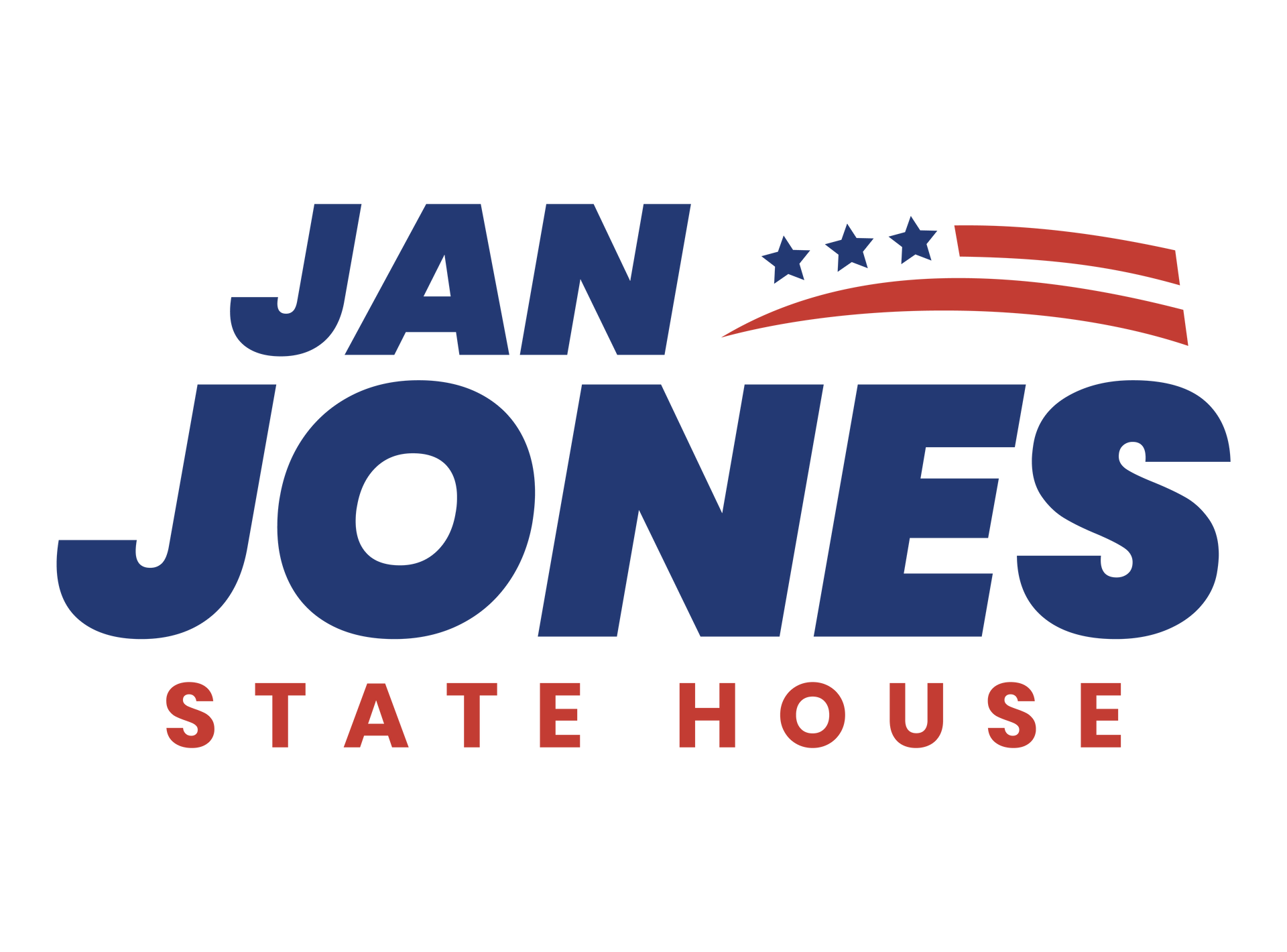FY 2024 Budget Snapshot
HB 911
| Rank | Agency | State General Funds | Percentage (%) |
|---|---|---|---|
| 1 | Department of Education | $11.9 Billion | 37% |
| 2 | Department of Community Health | $4.8 Billion | 15.% |
| 3 | University System of Georgia, Regents | $3.2 Billion | 10% |
| 4 | Department of Transportation | $2.3 Billion | 7% |
| 5 | Department of Behavioral Health | $1.4 Billion | 4% |
| Top 5 Subtotal | $23.7 Billion | 73% |
|---|
| 6 | Department of Corrections | $1.3 Billion | 4% |
|---|---|---|---|
| 7 | General Obligations Debt Sinking Fund | $1.3 Billion | 4% |
| 8 | Student Finance Commission | $1.2 Billion | 4% |
| 9 | Department of Human Services | $948 Million | 3% |
| 10 | Department of Early Care and Learning | $498 Million | 2% |
| 11 | Technical College System of Georgia | $443 Million | 1% |
| 12 | Department of Juvenile Justice | $360 Million | 1% |
| Top 12 Subtotal | $29.7 Billion | 92% |
|---|
| Remaining Agencies (38) | $2.7 Billion |
|---|
| Total State Funds | $32.45 Billion | 100% |
|---|
Additional Funds
The following are constitutionally dedicated or special purpose funds and are included in the above categories:
- Lottery Funds ($1 billion to Student Finance Comm. for HOPE Scholarship; $434 million to Early Care and Learning/Pre-K): $1.5 Billion
- Tobacco Settlement Funds (Departments of Community Health and Public Health): $1.49 Billion
- Brain and Spinal Injury Trust Funds (Department of Public Health): $1.9 Million
- Hospital Provider Payment (Department of Community Health): $386 Million
- Nursing Home Provider Payment (Department of Community Health): $153 Million
- Motor Fuel Funds (Department of Transportation): $136.8 Million
To view this budget snapshot in .pdf format and to see additional statistics relevant to each agency, click here.
Budget & Appropriations
Process:
Each fiscal year (FY) begins July 1. In July, state agencies begin preparing budget requests, which are then submitted to the Governor's Office of Planning and Budget (OPB), House Budget and Research Office (HBRO), and Senate Budget and Evaluation Office (SBEO).
In October, OPB presents its initial recommendations to the Governor, who then meets with agency heads before finalizing the budget in December.
When the General Assembly convenes in January each year, the Governor presents his budget, kicking off the legislative appropriations process.
The legislature conducts joint appropriations hearings, where the Governor and agency heads present their budget requests and answer questions from members of both the House and Senate Appropriations Committees.
Following the joint hearings, the House Appropriations Committee will meet and then propose a budget based on the Governor's recommendations. Once the budget passes the House Appropriations Committee, it then must receive a majority of votes by the full House. This process is then repeated in the Senate, where they make changes to the House-passed bill.
Once the Senate passes their version of the budget, the House and Senate each appoint 3 budget conferees, who then meet to form a conference committee, determining the final budget. Once they approve it, the budget is then sent for a final vote before both chambers and then sent to the Governor for his signature.
Agencies then receive operating budget instructions, prepare their operating budgets, which are then approved by OPB, forecast budget projections, and then the cycle continues once more.

